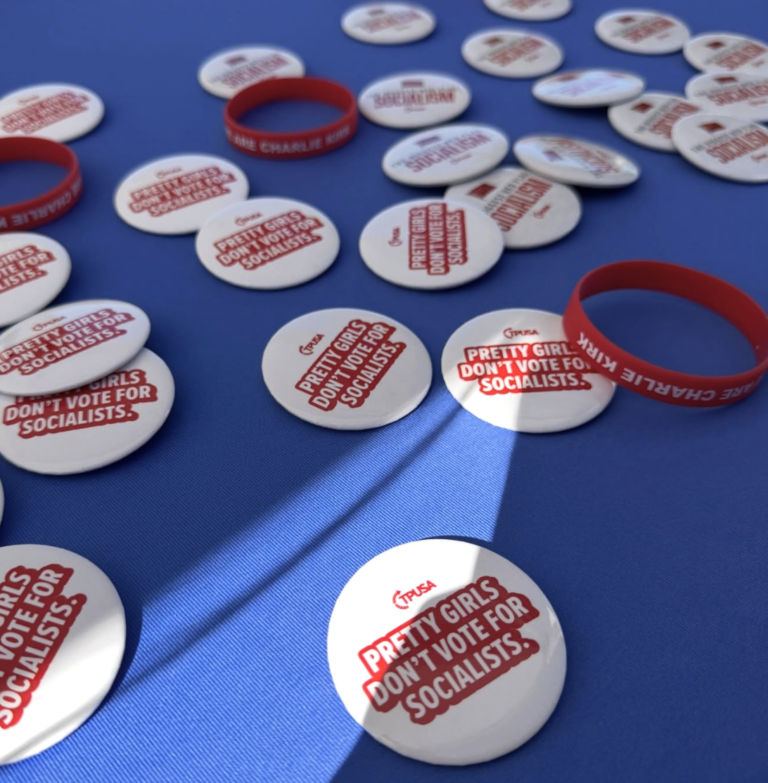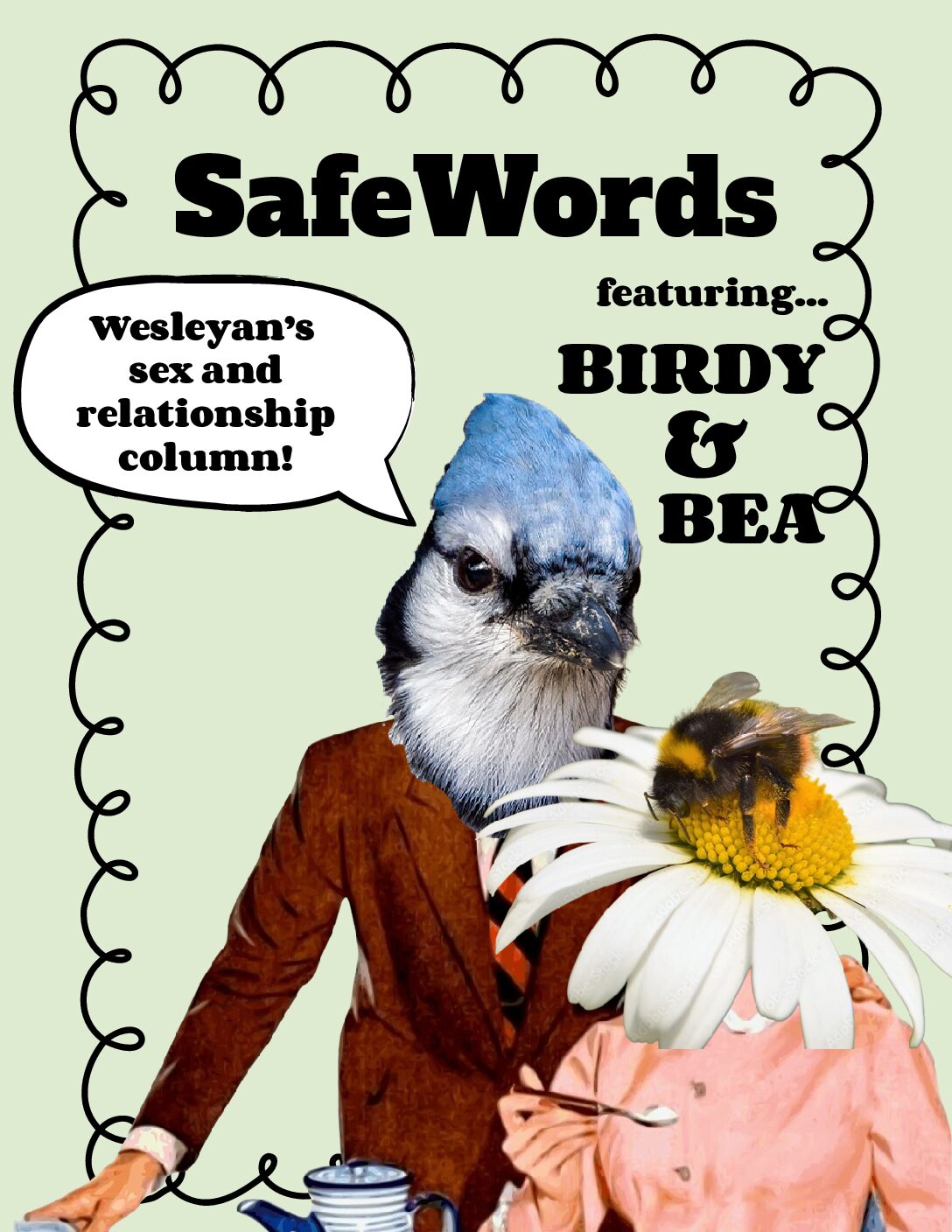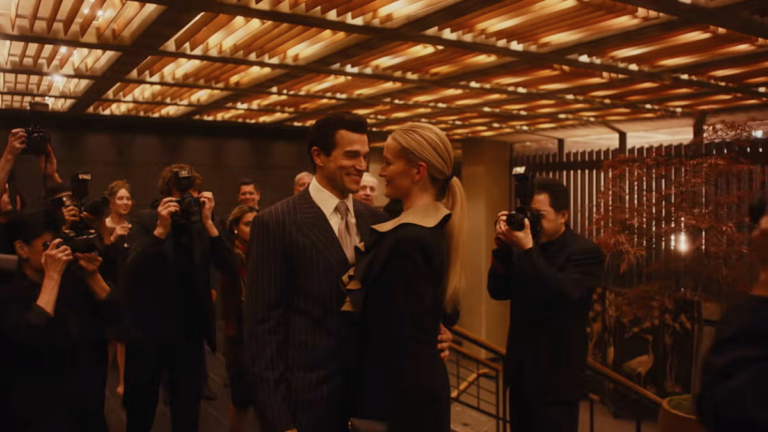Lightening Up, Staying Calm
By now, most of you have probably seen the YouTube video “Asians in the Library.” For those of you that haven’t viewed this two-minute “treat” of student ineptitude, the video is a racist rant against Asians from UCLA student Alexandra Wallace. Highlights (or lowlights) of the video include her complaining about the “hordes of Asians” at her school, and an imitation of an Asian language using the words “ching chong ling long ting tong.” She also throws in wildly insensitive comments about the recent Japanese tsunami for good measure.
The response to Alexandra Wallace’s video was as swift a condemnation as the Internet age can provide. The video quickly racked up millions of views and received the typical viral video treatment, becoming the subject of countless angry video blog responses. If someone hasn’t made a dubstep remix of the video yet, it will no doubt appear in the near future. Alexandra Wallace unsurprisingly became the subject of ridicule and condemnation from both her peers and the administration of her school. She ultimately decided to withdraw from UCLA after receiving multiple death threats.
While I was home over spring break, this video and the Internet reaction it caused came up in my family’s dinner conversation. My little brother responded to the situation by saying that people should “lighten up” about the whole thing. He continued by saying that people should lighten up about racism/sexism/homophobia, etc., in general. Although I argued against him on this issue, I don’t completely disagree with him. My friends both at home and at school regularly joke about each other’s respective races and religions, and I strongly believe that we are better for it. Occasionally one of us will cross the line and get chastised for it, but being able to joke about and frankly discuss sensitive issues allows friends who come from different cultures to become closer to one another.
So is my little brother correct in saying that people need to “lighten up”? Not completely—my mom responded by describing the era that she grew up in, when people didn’t speak out against hate. As a Jew growing up in the fifties and sixties, she became accustomed to hearing friends say that someone “Jewed them down,” and seeing kids pitch pennies at other Jews in her school. She was regularly told to “lighten up” when she complained about these acts of anti-Semitism. In our parents’ and grandparents’ times, lightening up simply allowed for an accepted level of intolerance that our generation has largely rejected.
My brother was, however, on to something when he mentioned that people should lighten up when it comes to sensitive and potentially offensive issues. Although it’s difficult to feel much sympathy for someone as idiotic and careless as Alexandra Wallace, the death threats that she received are arguably far graver and more hateful acts than her racist rant. Many of us flannel-clad Wesleyan students have undoubtedly been guilty of overreacting to offensive acts. The melodramatic and passionate responses to several arguably offensive Wesleying posts last semester, for example, overshadowed the issues of racism and sexism that they were reacting to in the first place, and undermined a serious discussion.
Lightening up doesn’t mean turning a blind eye or pretending not to be offended when you are—it means handling our responses to acts we believe are offensive in a more constructive and diplomatic manner. A perfect example of this is a music video response to Alexandra Wallace’s rant from musician Jimmy Wong titled, “Ching Chong (Means I Love You).” Wong’s music video, in which he hilariously serenades Alexandra Wallace and informs her that “ching chong” actually means “I love you” and that “a tsunami isn’t a type of sushi,” eviscerates his peer’s racist comments with a healthy sense of humor. His response doesn’t stoop to her level of anger, hatred, or ignorance. We should all strive to respond to callousness as Wong has; calmly and in a way that sets us morally apart from those that have offended us. In doing that, we can “lighten up” while still constructively dealing with intolerance.
Michael Steves is a member of the Class of 2013.







http://tonyp4joke.blogspot.com/2011/03/blonde-chinese-in-ucla.html
NO. NO I WILL NOT LIGHTEN UP. FUCK STEVES.
Alexandra Wallace once again shows why there are so many dumb blonde jokes.
Joking aside, This is simply not just her instantaneous rant but it goes deeper than that. She has apparently been harboring her feeling, bias, rage and hatred for so long that they now just exploded. She articulated them very well by the demeaning languages she used, her facial and body expressions in the video. She’s an adult and knows exactly what she wanted to say and said it. No hesitation, whatsoever, it’s plain and simple. Remember, freedom of speech does not means free from responsibility.
Now just imagine that people with feelings and beliefs like hers have ever gotten to the position of power and acted out their rage and hatred. Think about it, Hitler and his cohorts in their youth already showed their rage and hatred toward Jewish people, and look at what they did to them when they got the power to do it. It’s frightening.
good fodder here
I haven’t viewed the vid yet but i definitely have to make a comment about people commenting about people commenting on peoples’ commentary. POINTLESS. Just like me commenting on this. You will do what you are going to do. They will do the same. We all will be who we are and do what we do. Commenting on it after the fact is so expected and boring. Do something REALLY groundbreaking and comment on it before it happens. THEN people may take notice. Better yet, just make me a sammich and call it a day.